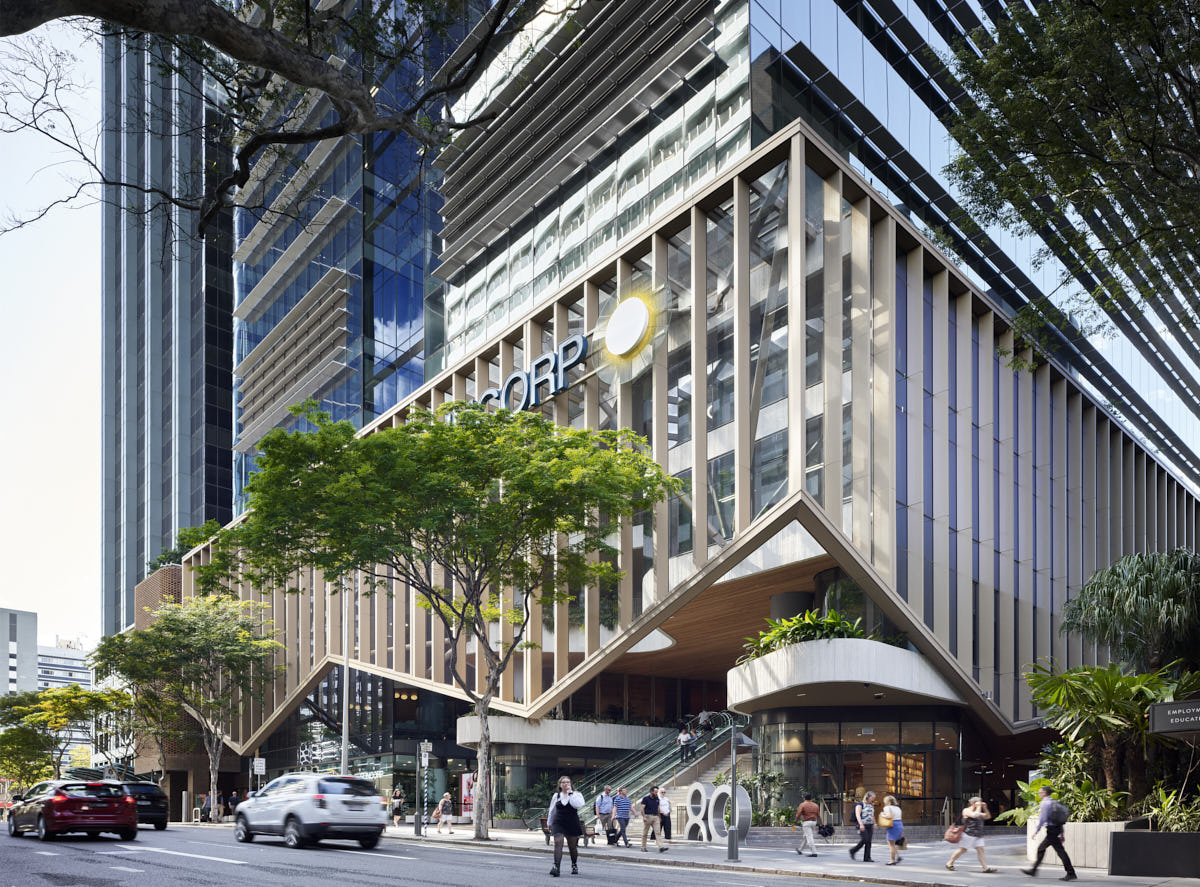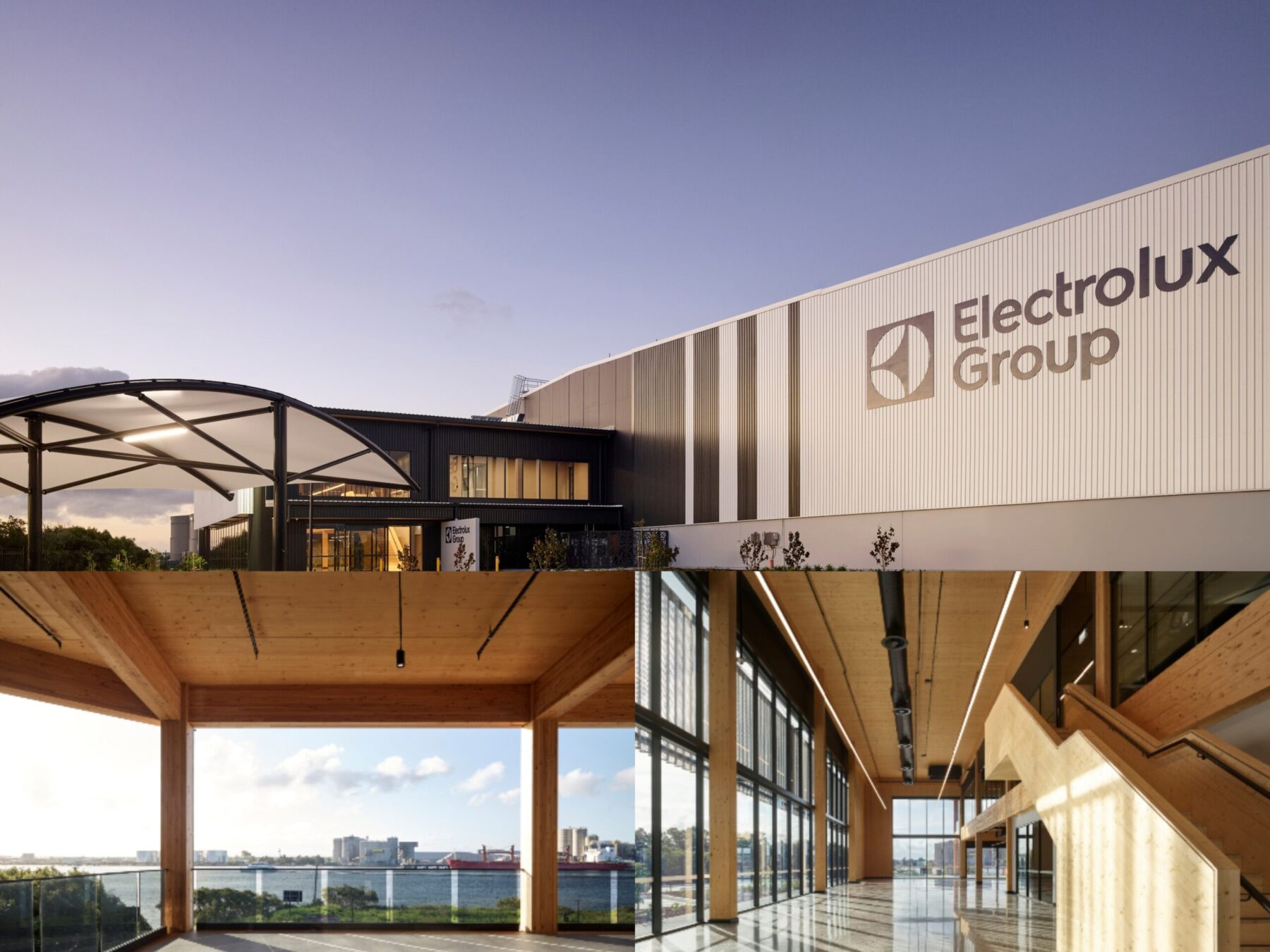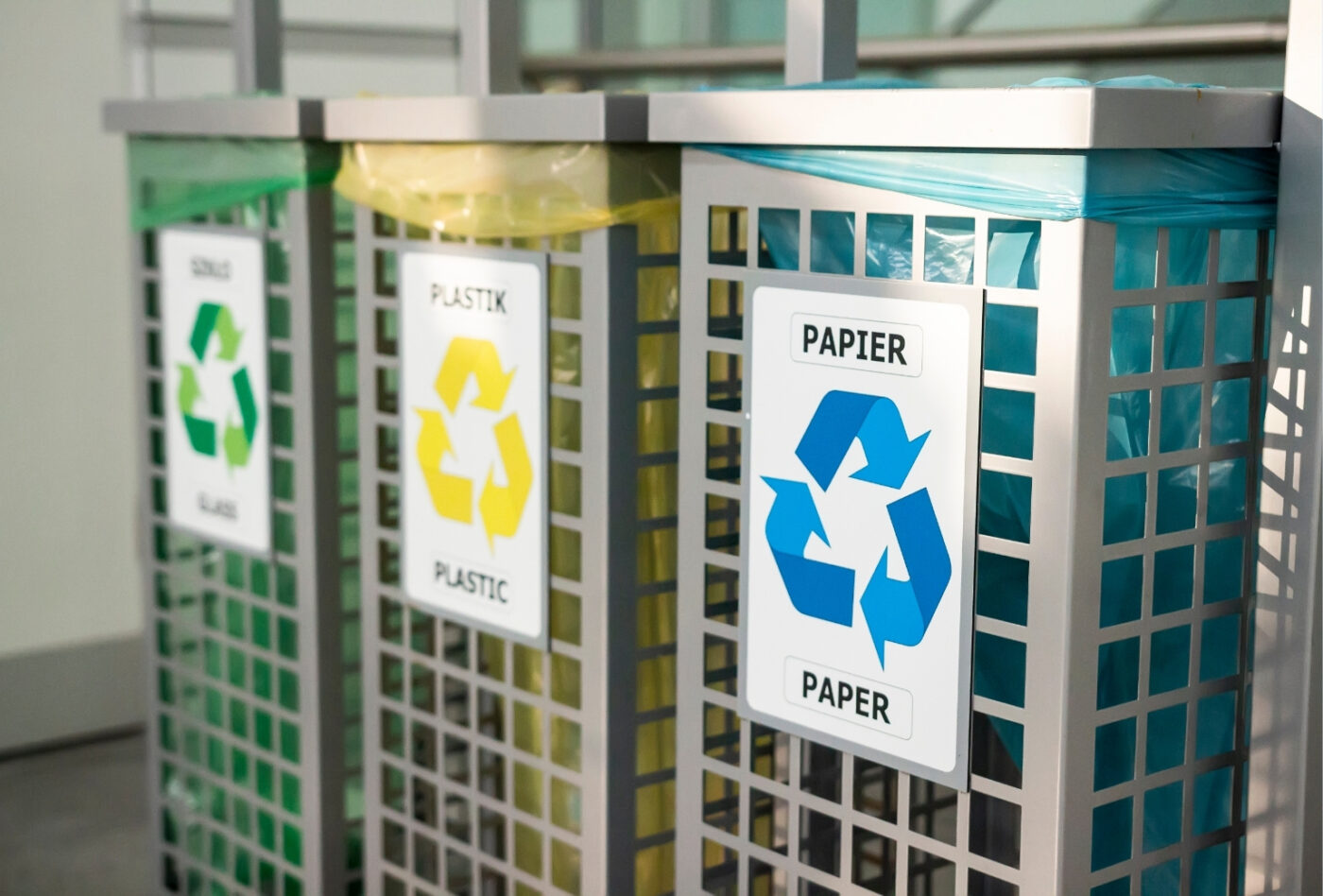
Victoria’s shift away from fossil gas will save households money and support a just transition to healthier, more efficient, all-electric buildings, says the Green Building Council of Australia.
The GBCA has welcomed the launch of the Victorian Government’s updated Gas Substitution Roadmap, which provides a clear step-by-step path for Victorians to move away from expensive fossil gas to cheaper, more modern electrical options.
“We applaud the Victorian Government’s commitment to lead from the front on electrification,” says the GBCA’s Chief Executive Officer Davina Rooney.
“Gas is responsible for around a third of building energy consumption in Australia, with Victoria the largest user of fossil gas in Australia, with two million households and businesses connected to the reticulated gas network. Eliminating gas by electrifying our buildings and powering them with clean renewable energy rather than dirty fossil gas can make a big difference in a short space of time,” Ms. Rooney says.
“Last year, the Victorian Government declared that all new government buildings and facilities would be all-electric from July 2023. Now, with the updated Gas Substitution Roadmap, Victorian Government agencies are encouraged to consider electrification opportunities for all existing buildings. Gas has to go, and Victoria will lead the way.”
As part of the updated Roadmap, the Victorian Energy Upgrades program has been expanded, with discounts available to support Victorians to upgrade to electric induction cooktops.
According to Victorian Government statistics, the average residential customer is now paying over $500 more for gas than they did less than two years ago, a 35 per cent increase. Existing households that choose all-electric appliances will save an estimated $1,700 a year, or up to $2,700 a year with solar installed – a 60 per cent reduction in energy bills.
The health benefits of switching from gas to induction cooktops are another positive impact of the expanded scheme. Research shows that cooking with gas produces pollutants that can both trigger asthma symptoms, but also contribute to the development of the disease. In Australia, this is linked to 12% of the childhood asthma burden.
From 1 January 2024 all new homes that require a planning permit will not be connected to the gas network. The Victorian Government will begin consultation on the potential future expansion of this phase-out to encompass all new residential dwellings and some commercial buildings.
“Commercial buildings are an important piece of the net zero puzzle. All-electric commercial buildings are cropping up around Melbourne’s CBD – we just need more of them,” Ms. Rooney says.
The Victorian Government has also flagged it will consider the costs and benefits of requiring existing gas appliances in homes and relevant commercial buildings be replaced with electric appliances when the current appliance reaches end-of-life, as well as a review of the minimum energy efficiency standards for rental homes in 2024 – both moves welcomed by the GBCA.
“One of the key policy recommendations of Every Building Counts is incentives for energy efficient and electrification retrofits for existing homes, and strategies to support renters and low-income earners. We welcome consultation and action to tackle the existing building challenge, and to ensure everyone can enjoy the benefits of living in healthier, more efficient, all-electric buildings.
“While many of our industries will take time to decarbonise, the technology for buildings exists now. Most of the buildings standing today will still be operational in 2050. Victorians who remove gas from their homes now will be future proofing for tomorrow’s decarbonised world,” Ms. Rooney concludes.



